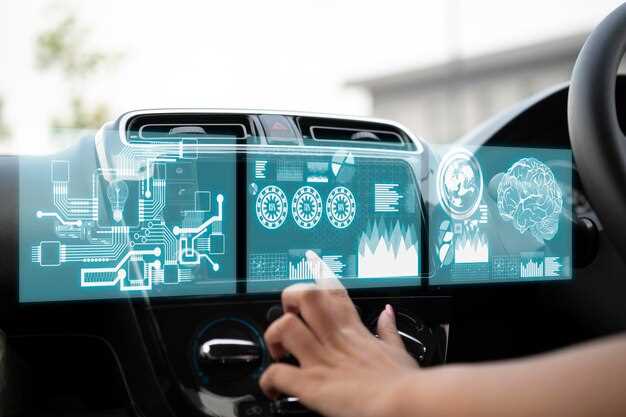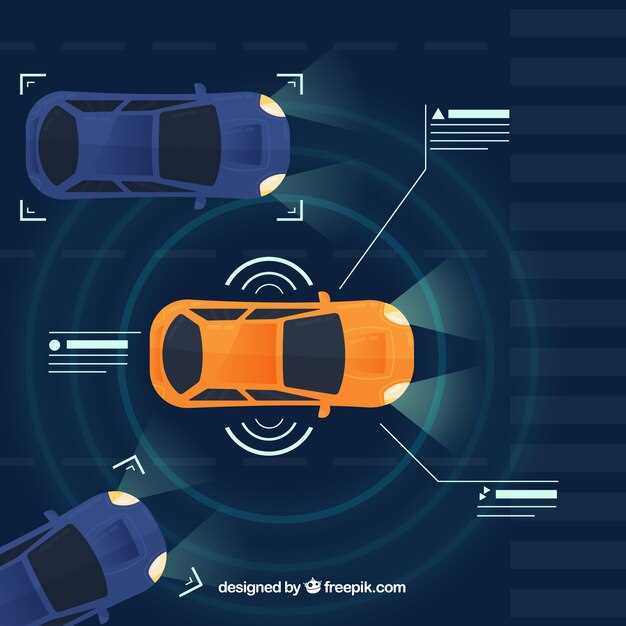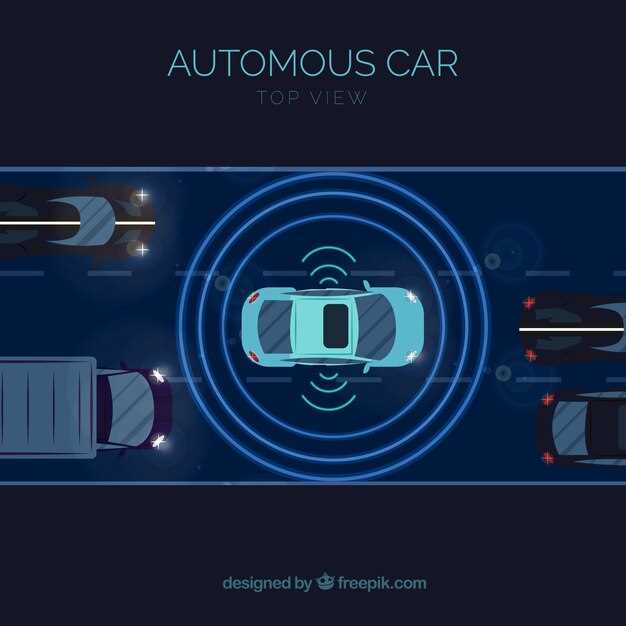
How Audi Uses Artificial Intelligence in Vehicles

The automotive industry is undergoing a profound transformation, and Audi is at the forefront of this evolution with its innovative use of artificial intelligence (AI) in vehicles. This integration of AI is not merely a trend; it represents a fundamental shift in how cars are designed, manufactured, and driven. By harnessing the power of AI, Audi aims to enhance the driving experience, improve safety, and optimize vehicle performance.
At the heart of Audi’s approach is the development of intelligent systems that learn from driver behavior and environmental conditions. This AI-driven technology enables smarter decision-making, transforming the way a car interacts with its surroundings. From advanced driver-assistance systems to autonomous driving capabilities, Audi’s commitment to AI showcases the future of mobility where connectivity and intelligence redefine the traditional notions of transportation.
Moreover, Audi recognizes that the integration of AI in vehicles is not just about technological advancement; it is also about enhancing user experience. Features such as personalized infotainment systems and predictive maintenance powered by AI algorithms ensure that every journey in an Audi car is tailored to the individual driver’s preferences and needs. This sophisticated interplay between technology and driving pleasure places Audi at the leading edge of the automotive sector.
How AI Enhances Driver Assistance Systems in Audi Cars
Artificial Intelligence (AI) plays a crucial role in enhancing driver assistance systems in Audi cars, transforming them into smart vehicles that prioritize safety and convenience. By leveraging advanced algorithms, AI systems analyze real-time data from various sensors, providing drivers with improved situational awareness.
One of the key features of Audi’s AI integration is the Adaptive Cruise Control. This system not only maintains a set speed but also adjusts the vehicle’s speed based on traffic conditions. The AI continuously processes information from radar and cameras, ensuring a smooth driving experience by anticipating and responding to changes in the environment.
Moreover, the Lane Keep Assist utilizes AI to detect lane markings and helps the driver stay centered in their lane. If the system senses unintentional lane departures, it gently nudges the steering to guide the car back, thereby enhancing safety on highways and busy roads.
Another innovation is the Park Assist feature, which employs AI to identify suitable parking spaces and maneuver the car into them with minimal intervention. This smart functionality not only alleviates the stress of parking but also reduces the risk of collisions.
Furthermore, Audi’s AI-powered Traffic Jam Pilot allows the vehicle to handle stop-and-go traffic autonomously. The system makes split-second decisions by interpreting data from various sources, enabling the car to navigate through congested areas while the driver can take a moment to relax.
Ultimately, AI not only elevates the functionality of driver assistance systems in Audi cars but also fosters a more intuitive and responsive driving experience. As technology evolves, the integration of AI continues to solidify Audi’s commitment to safety and innovation in the automotive industry.
Real-Time Data Processing for Intelligent Navigation in Audi Vehicles

Audi’s commitment to innovation is exemplified by its integration of real-time data processing in vehicles, enhancing intelligent navigation systems. The utilization of smart algorithms allows Audi cars to analyze vast amounts of data from various sources, including GPS, traffic reports, and environmental sensors, in a matter of milliseconds.
This dynamic approach ensures that drivers receive the most accurate and timely information regarding their routes. By assessing current traffic conditions, weather updates, and road hazards, Audi’s smart navigation system can optimize routes, saving both time and fuel. Such capabilities represent a significant advancement in vehicle automation, fostering a safer and more efficient driving experience.
The processing of real-time data is also pivotal in enabling features like adaptive route planning and real-time rerouting. When unexpected delays occur, the system quickly recalibrates the route, providing alternative paths that users might not have considered. This constant assessment of data not only enhances convenience but also promotes a more engaging and responsive interaction between the car and its occupants.
Audi’s focus on real-time data empowers their vehicles to evolve continuously. Each journey contributes to a broader understanding of traffic patterns, which, in turn, feeds back into the navigation system to improve future performance. As Audi progresses in integrating artificial intelligence, these systems will become even smarter, adapting to individual driving habits and preferences.
The Role of Machine Learning in Audi’s Predictive Maintenance Features

Machine learning plays a crucial role in enhancing Audi’s predictive maintenance capabilities, significantly improving the longevity and reliability of their vehicles. By leveraging advanced algorithms, Audi analyzes vast amounts of data generated by car systems to identify patterns and predict potential issues before they escalate.
Data collected from sensors integrated into various components of the car, including the engine, brakes, and transmission, is processed using machine learning models. These models can detect anomalies and deviations from typical performance metrics, leading to proactive maintenance recommendations. This allows owners to address maintenance needs well in advance, minimizing the risk of unexpected breakdowns.
Furthermore, machine learning enables continuous learning from real-time data. As more cars are connected and share operational information, Audi’s AI systems become increasingly adept at predicting maintenance needs based on a wider range of variables. This personalization of maintenance schedules not only enhances the driving experience but also optimizes service costs for owners.
In summary, Audi’s integration of machine learning in predictive maintenance not only increases efficiency but also embodies a commitment to customer satisfaction, ensuring that drivers enjoy safe and reliable performance from their vehicles.